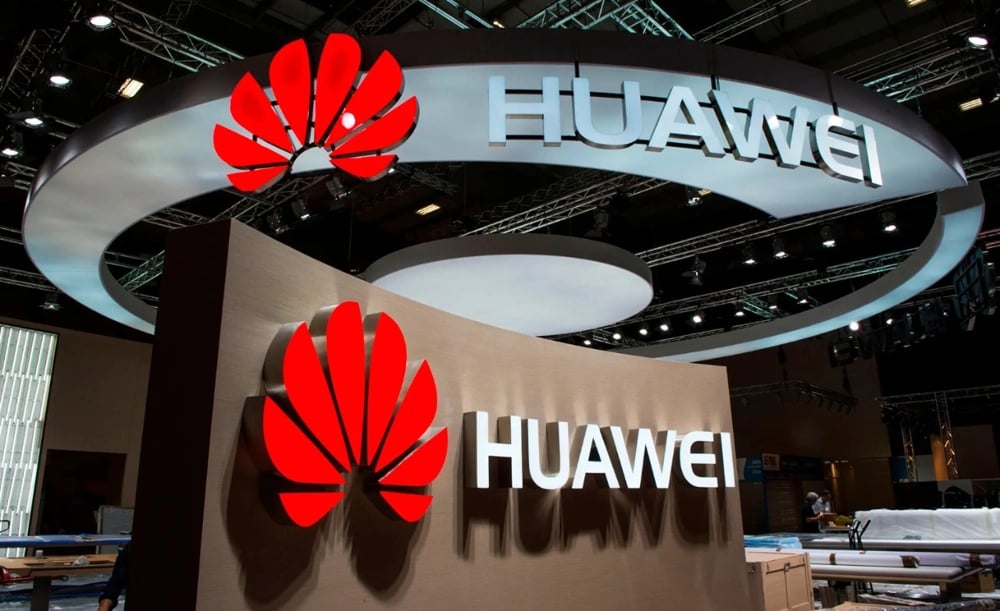Taiwan Aligns with U.S. Strategy in Tech Containment of China
Taiwan has formally taken a decisive step toward aligning with long-standing U.S. efforts to constrain China’s technological advancement. In a precedent-setting move, the Taiwanese government blacklisted Huawei Technologies Co. and Semiconductor Manufacturing International Corp. $688981.SS (SMIC), barring local firms from conducting business with these entities without government authorization. The action marks the first time Taipei has invoked its internal trade restriction framework to target major Chinese technology companies, signaling a sharp escalation in regional techno-geopolitical dynamics.
This alignment reflects growing pressure on nations with advanced semiconductor ecosystems to choose sides in the ongoing battle for technological supremacy. Taiwan’s role as a critical node in the global chip supply chain, home to giants like Taiwan Semiconductor Manufacturing Company $TSM, gives its policy decisions broad market implications.
Implications for Regional Semiconductor Trade
The decision to apply export controls on Huawei and SMIC extends beyond symbolic support of U.S. sanctions. It creates practical roadblocks for Chinese access to vital semiconductor technologies, including design tools, specialized equipment, and advanced manufacturing collaboration. These restrictions echo Washington’s escalating campaign to prevent Beijing from acquiring high-end chips and AI infrastructure. By adopting a licensing regime for technology-related exports to Huawei and SMIC, Taiwan introduces a new compliance burden for local chip firms and suppliers. The move is likely to heighten operational caution among Taiwanese semiconductor players engaged in cross-strait commerce.

Shifts in Tech Policy Reflect Broader Strategic Calculus
Taipei’s decision signals a structural pivot in its China policy. For years, Taiwan maintained a neutral commercial posture—balancing deep integration with the mainland market and alignment with Western democratic systems. The formal targeting of two of China’s most strategically important tech players may indicate diminishing tolerance for technological convergence with Beijing under the current geopolitical climate.
The sanctions also suggest increased strategic coordination between Taipei and Washington amid intensifying U.S.-China competition in AI and semiconductors. Taiwan’s alignment with U.S. restrictions effectively extends the reach of the American export control framework to a critical jurisdiction.
Emerging Risks for the Regional Supply Chain
The blacklisting of Huawei and SMIC introduces fresh volatility for the semiconductor sector in East Asia, raising compliance risks and geopolitical uncertainty. Industry analysts are already speculating about the potential for retaliatory measures from Beijing or shifts in procurement patterns among Chinese firms.
Possible ripple effects include:
Reassessment of supplier relationships by Taiwanese chipmakers;
Rising demand for licensing reviews and export control clearances;
Escalation of regional tech decoupling;
Greater strategic insulation of Taiwan’s semiconductor R&D assets;
Potential retaliatory constraints on Taiwanese firms operating in mainland China.

Broader Geopolitical and Market Implications
Taiwan’s entry into the technology sanctions regime against China redefines the perimeter of the global tech Cold War. The move reflects a growing consensus among Western-aligned powers that technological containment is a prerequisite for national security and strategic autonomy. The implications for capital markets, cross-border investments, and supply chain reliability are far-reaching—particularly for firms relying on advanced nodes, AI training infrastructure, and high-volume chip fabrication.















Comments
Such developments mark a pivotal shift in how automation is integrated into high-growth sectors